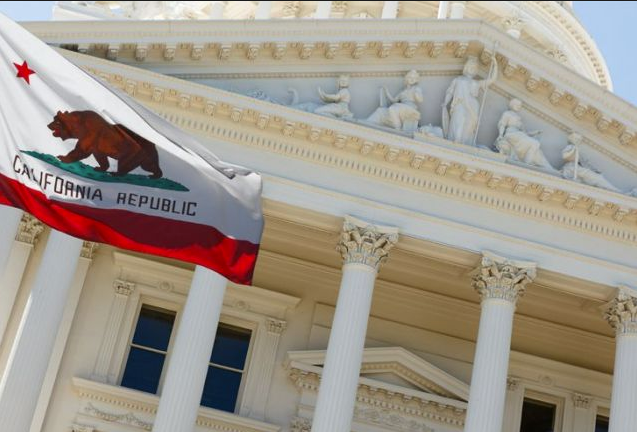A contentious new bill to amend state condo law is making its way through the California legislature. Senate Bill 1265 (“SB 1265”), introduced by Senator Wieckowski (District 10), would amend the Davis-Stirling Common Interest Development Act (“Act”) to more tightly regulate homeowners association (“HOA”) elections.
SB 1265 is intended to target perceived abuses of the HOA election process, by limiting an HOA’s ability to impose qualifications on candidates for an HOA board of directors (“Board”). This bill to amend state law would also add more stringent requirements for notices, meetings, ballots and voter accessibility. Under the new law, an HOA could not use its own staff or property manager to count ballots, but would need to use a third party. Under existing state law, an HOA can adopt qualifications for HOA Board positions, such as requiring candidates to be on-site residents and prohibiting convicted felons, or members actively suing the HOA, from running for the Board. SB 1265 would prohibit an HOA from imposing such qualifications for candidacy. Additionally, if an HOA member challenges an election in court, and it is determined that election procedures were not strictly followed, the court would generally be required to void the results of the election. While the bill has garnered support from groups concerned with individual owner rights, it has been opposed by many industry and HOA management groups.
Opponents of SB 1265 raise concerns that the bill would have unintended negative consequences and point out that most HOAs, in fact, do not have the problems being addressed by the bill, yet all HOAs would have to follow the new stringent rules. Opponents argue it is not worth the burden to HOAs and the trade-offs of loss of control, complicated procedural requirements, and increased costs to HOAs. Under the new law, an HOA’s right to establish qualifications for the Board would be limited. There is concern that this bill could allow unqualified, if not conflicted, members to run for HOA Board positions. The bill could also increase the number of HOA elections voided on minor technicalities, requiring new elections at the expense of the HOA and its members. Another issue voiced by opponents has to do with privacy rights, as the new bill would require HOAs to retain the ballot envelopes, which are signed by the voters, and allow other members to inspect the signed envelopes, thereby providing access to HOA members’ signatures, names, and addresses.
SB 1265 was approved by the Senate in May 2018 and is currently processing through the Assembly. If passed, the bill will then go to Governor Brown for his signature or veto.
RJR law clerk Meredyth Merrow assisted in the research and drafting of this update.
Authored by Reuben, Junius & Rose, LLP Attorney, Jay Drake
The issues discussed in this update are not intended to be legal advice and no attorney-client relationship is established with the recipient. Readers should consult with legal counsel before relying on any of the information contained herein. Reuben, Junius & Rose, LLP is a full-service real estate law firm. We specialize in land use, development, and entitlement law. We also provide a wide range of transactional services, including leasing, acquisitions and sales, formation of limited liability companies and other entities, lending/workout assistance, subdivision, and condominium work.


